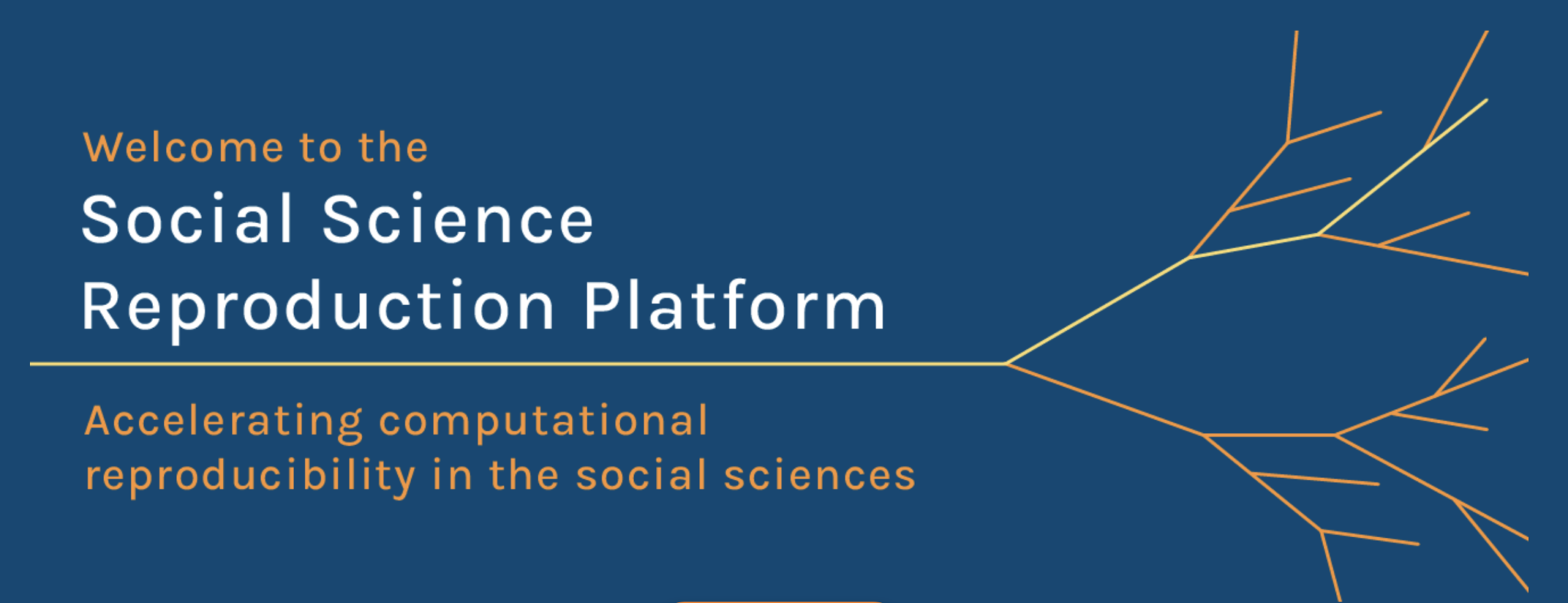Computational reproducibility, or the ability to reproduce results, tables, and other figures using the available data, code, and materials, through a process of reproduction, is necessary for instilling trust in science. Sharing data and code–the building blocks for reproducibility–allows researchers to build on top of each other’s work and illuminates tacit knowledge linked to the scientific process, thereby making science more inclusive.
Despite these benefits, reproducibility in the social sciences is surprisingly low. For example, in economics (where we are most familiar with existing evidence) reproduction audits of samples of papers in top journals suggest that less than half of articles published before 2019 were fully computationally reproducible. At the same time, incentives for large-scale reproductions audits are limited because journals rarely publish such work. Moreover, reproducing others’ work can lead to disagreements with the authors whose work is analyzed—especially in “failed” attempts. Addressing these challenges requires innovative approaches in teaching reproducibility and in how we conduct, reward, and communicate the outcomes of reproductions.
The Social Science Reproduction Platform crowdsources and catalogs attempts to assess and improve the computational reproducibility of social science research. Instructors can use the SSRP in applied social science courses at the graduate or undergraduate levels to teach fundamental concepts, methods, and reproducible research practices.
Get started by creating a free account and browsing some of the completed reproductions! Instructors can start by reviewing the guide for instructors, which contains tips and resources for teaching and grading reproductions using the platform.


